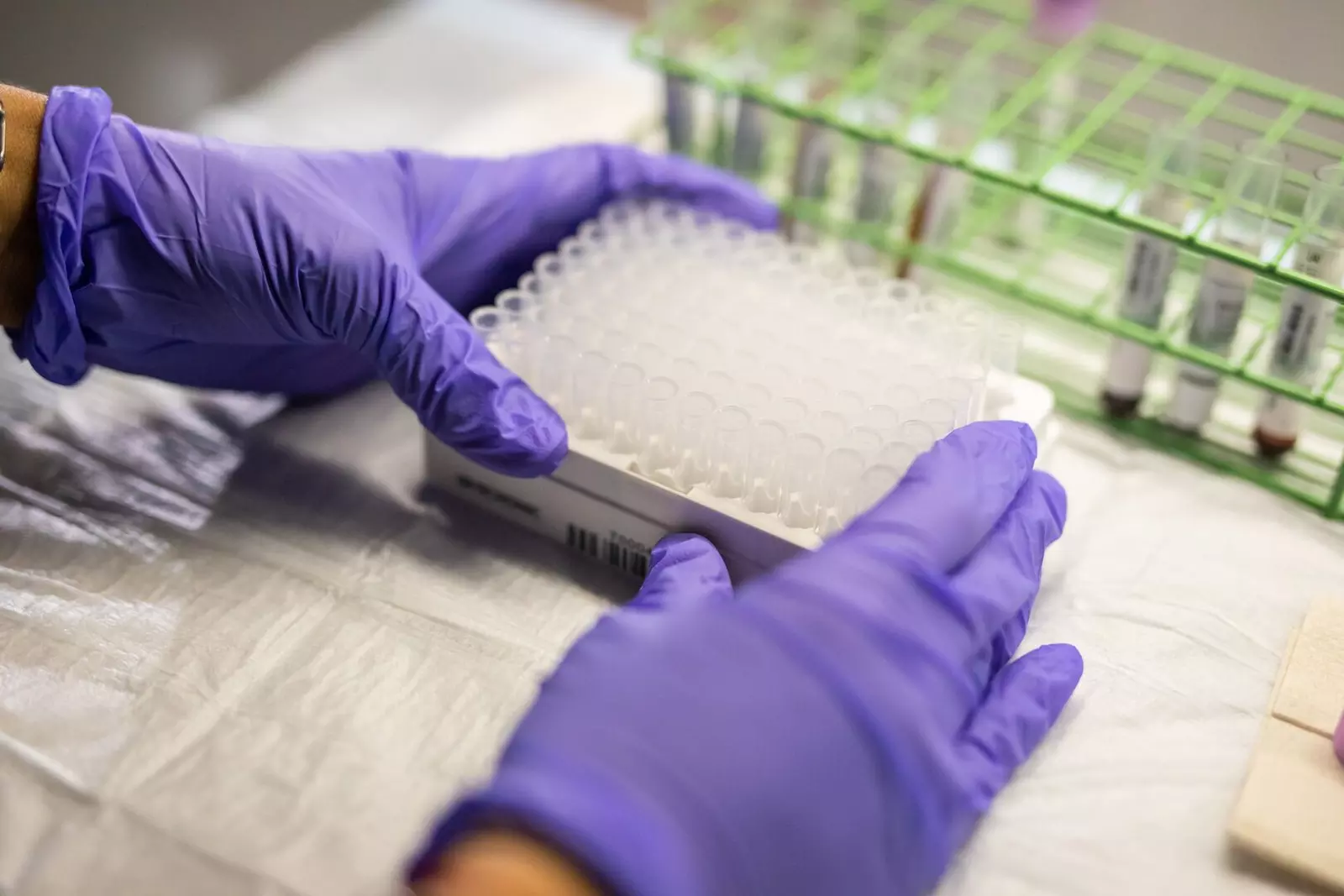- AdventHealth

Mpox, the virus formerly known as monkeypox when it appeared on the U.S. scene in May 2022, lost its classification as a public health emergency on Jan. 31. That designation was bestowed in early August 2022, as the number of confirmed cases continued to climb. On Aug. 6, the seven-day daily average peaked at 460, according to the CDC. On March 1, that average stood at one.
While the disease may no longer be grabbing headlines, misconceptions about the virus persist. In an interview with Health Digest, Vincent Hsu, MD, infectious disease specialist and infection control officer for AdventHealth, addressed the lingering myths:
Myth: Mpox is over and I’m not at risk.
Fact: While the mpox outbreak has subsided and risk of infection is much lower now, there are still infections that are being transmitted to others.
Myth: If I am at risk, there’s no longer a need for me to get a vaccine.
Fact: Because the outbreak is not eradicated, people at risk of getting mpox should still reduce their risk by getting vaccinated.
Myth: I can’t transmit mpox if I have no symptoms.
Fact: We have learned more recently that transmission can occur even before the onset of symptoms such as fever or rash. However, we have not seen evidence of transmission if you never develop any symptoms later.
Myth: If I don’t notice symptoms soon after I know I’ve been exposed to mpox, that means I haven’t contracted it.
Fact: It can take three weeks or more after exposure to develop symptoms, and the time period just before and during symptoms is when you are at greatest risk of transmitting to others.
Myth: I can get mpox through casual contact.
Fact: Mpox is spread through close personal, usually skin-to-skin contact, and sexual contact, but not through casual contact.
"We have learned many new things about mpox over the course of this outbreak," Dr. Hsu said. It is still important, he suggested, to stay up-to-date on the latest information regarding the illness. "Keeping close tabs on the latest developments provided through reliable and trusted sources such as local public health agencies and the CDC will aid in debunking myths and controlling the spread of mpox,” Dr. Hsu said.
"Understand what your risk is,” he added. “If you're in a high-risk group, pay attention to sources of close contact. Recognize that symptoms — fever, malaise, headache, rash — could be indicative of a number of things. Immediately speak with your health care provider, seek care and get tested."
Recent News
St. Luke's Hospital in Columbus, North Carolina, had been planning to ink a management agreement with AdventHealth, one of the nation's largest health systems, for months. But just days before the...
AdventHealth President and CEO Terry Shaw has been named one of Modern Healthcare’s 100 Most Influential People in Healthcare for 2024, marking continued recognition of Shaw as a transformative leader...
AdventHealth has named Elise MacCarroll-Wright as president and CEO of UChicago Medicine AdventHealth Hinsdale in its Great Lakes Region, effective Jan. 6, 2025.
AdventHealth has named Dave Tkachuck president/CEO for UChicago Medicine AdventHealth La Grange, effective Jan. 6.
A UChicago Medicine AdventHealth neurologist addresses the growing gap between the number of men and women diagnosed with MS.
AdventHealth has named Ryan Quattlebaum president/CEO for AdventHealth Wesley Chapel, effective Dec. 29.
Health care and government leaders celebrate the much-anticipated expansion of AdventHealth University.
Wangsness has more than 30 years of experience in health care.
‘Imagine Wholeness’ features the Grammy-winning group Take 6 and the AdventHealth Orchestra.
Bejarano will assume leadership on Dec. 15, 2024.
The 25th anniversary of ‘To Err is Human’ provides an opportunity to reflect on key learnings that have shaped the hospital system’s culture of safety.
Stories of support between AdventHealth patients and doctors showcase a healing circle of care.












